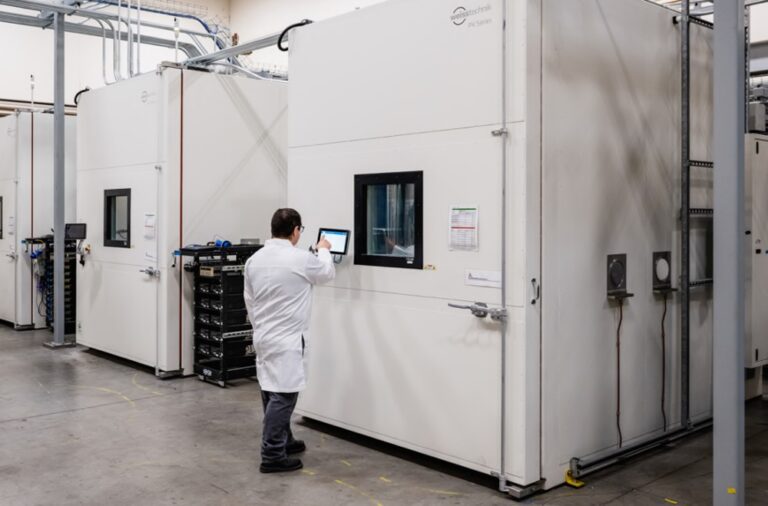Kiwa PVEL and Kiwa PI Berlin have published a white paper using recent module testing and factory data to guide the best use of testing and inspection metrics. The document aims to ensure that solar panels meet acceptable quality standards.
PV testing laboratories Kiwa PVEL and Kiwa PI Berlin have collaborated on a white paper outlining how you can use testing and inspections to improve the durability and long-term performance of solar panels.
The white paper, “Raising the bar: defining acceptable quality levels for PV modules”, awards benchmarks for evaluating solar panel quality through comprehensive Product Qualification Program (PQP) reliability testing, Pre-Shipment Inspection (PSI), batch testing and Ongoing Reliability Monitoring (ORM). It states that these metrics “provide a comprehensive framework to ensure PV modules meet the highest standards of quality and reliability.”
The document provides guidelines for PQP acceptance thresholds from Kiwa PVEL, based on a range of test results observed in the program over the past few years. The guidance is separated by a PQP test, which provides guidance on what qualifies as a ‘clear pass’, ‘conditional pass’ and ‘clear fail’.
“We have used PQP data from recent years to create clear industry guidelines on what test results should be considered acceptable,” said Tristan Erion-Lorico, VP of sales and marketing at Kiwa PVEL. “This is the first time Kiwa PVEL has publicly provided these guidelines, which will certainly lead to more reliable PV module designs and material selection.”
The white paper also covers PSI and reveals that only 76 of the 774 batches of solar panels analyzed passed inspection without defects.
Kiwa PI Berlin’s analysis identified electroluminescence defects as the most common problem, mainly due to microcracks, weak solder joints, cell contamination, finger breaks and shorted cells. Frame defects were the second most common problem.
It also provides recommendations for evaluating PV modules at different production stages and batch sizes using batch testing and ORM. It outlines testing protocols, frequency, and acceptance thresholds for both metrics.
“This white paper highlights the most important aspects of module procurement and demonstrates our commitment to taking the industry to the next level of quality,” said Terry Jester, managing director for North America at Kiwa PI Berlin. “We believe our updated guidelines will play a major role in advancing the solar industry and securing renewable energy investments worldwide.”
Kiwa PVEL and Kiwa PI Berlin united earlier this year under the Kiwa brand. The news was followed by the publication of Kiwa PVEL’s 10th PV Module Reliability Scorecard.
This content is copyrighted and may not be reused. If you would like to collaborate with us and reuse some of our content, please contact: editors@pv-magazine.com.


